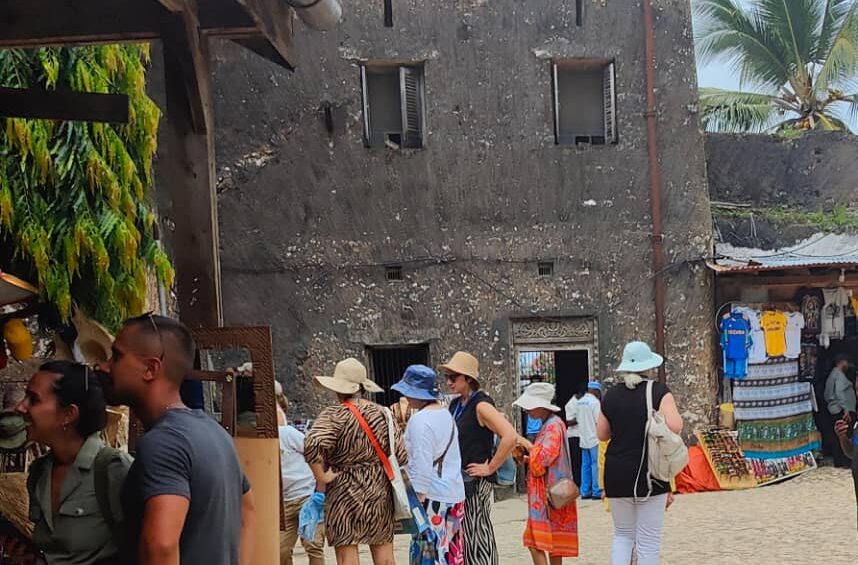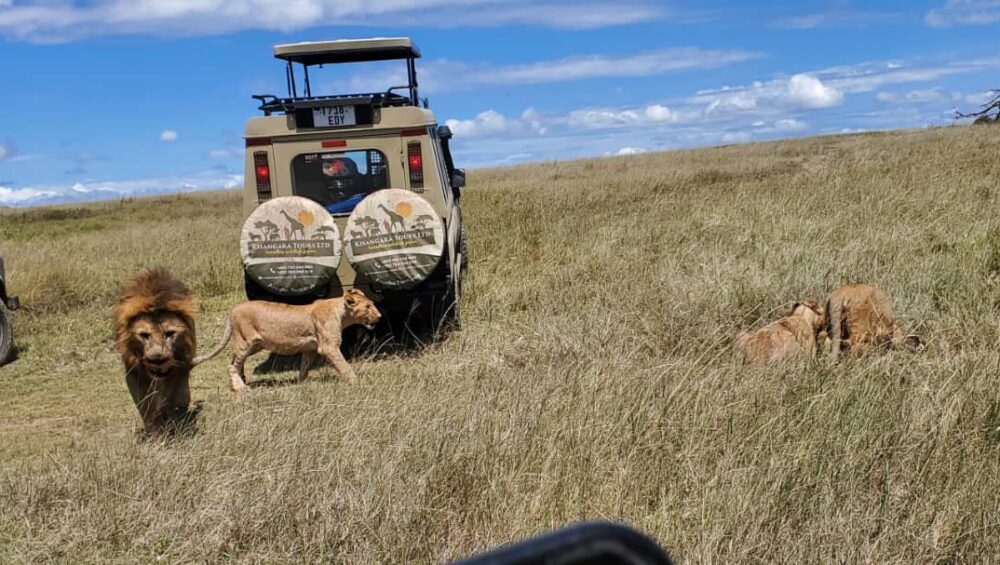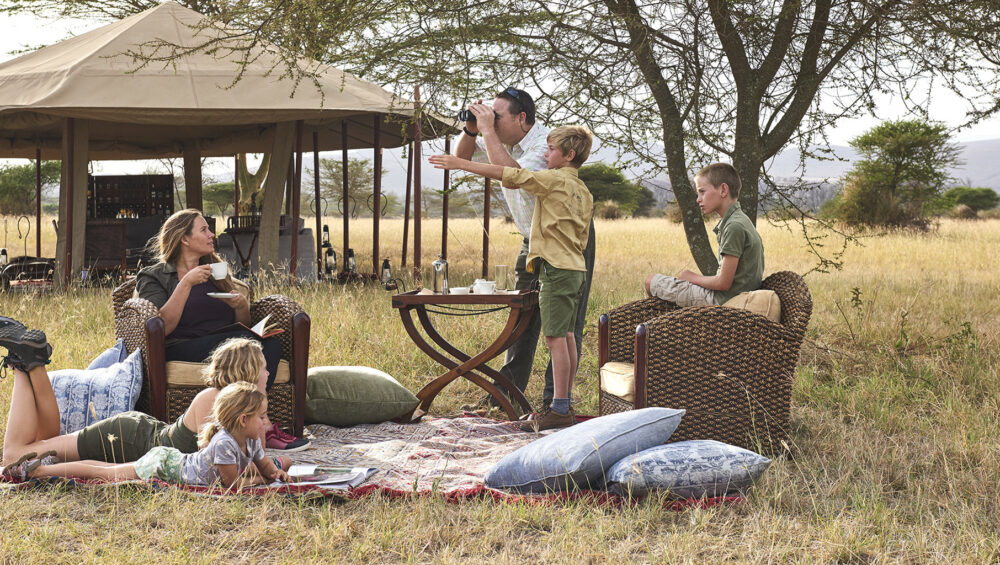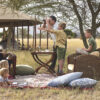Safaris Are More Flexible Than You Think
Many people imagine a safari as a rigid itinerary: wake up at dawn, follow a set route, and see the “big five” animals on a strict schedule. While traditional safari experiences do have a plan, modern safaris are surprisingly flexible and can be tailored to suit your interests, pace, and style of travel.
Customize Your Safari Schedule
Gone are the days when every safari had a fixed timeline. Today, you can choose early morning game drives to catch wildlife at its most active, afternoon excursions for a relaxed pace, or even night drives to witness the nocturnal wonders of the bush. Some camps and lodges even allow you to adjust your schedule on the go, giving you more freedom than you might expect.
Choose Your Own Route
Not every safari has to visit the same parks or follow the classic circuit. Depending on your preferences, you can explore lesser-known parks and reserves for a more private experience, or focus on a single region to really immerse yourself in its landscape and wildlife. Custom itineraries can include cultural visits, hiking, bird watching, or photography-focused trips—whatever makes your journey unique.
Flexible Accommodation Options
Safari accommodation isn’t one-size-fits-all. You can choose from luxury lodges with all the amenities, mobile tented camps that move with the wildlife, or budget-friendly lodges without compromising on the experience. Many camps offer flexibility in length of stay, allowing you to spend more time in the parks that interest you most.
Adapt to Your Interests
Some travelers are keen on spotting lions and elephants, while others enjoy tracking rare birds, photographing the landscape, or learning about local Maasai culture. Modern safaris can be designed around your passions, giving you the freedom to focus on what matters most to you.
Why Flexibility Matters
Life is unpredictable, and travel plans should be enjoyable, not stressful. Flexible safaris allow you to change your itinerary without losing the essence of the adventure. Whether it’s adjusting your timing to avoid crowds, adding an extra game drive, or extending your stay in a favorite park, modern safari experiences are designed to adapt to you.
Conclusion
A safari doesn’t have to be a rigid, once-in-a-lifetime schedule. With flexible itineraries, customizable activities, and a range of accommodations, today’s safaris offer the perfect blend of adventure and freedom. You can truly experience Africa on your own terms, creating memories that match your pace, interests, and dreams.






